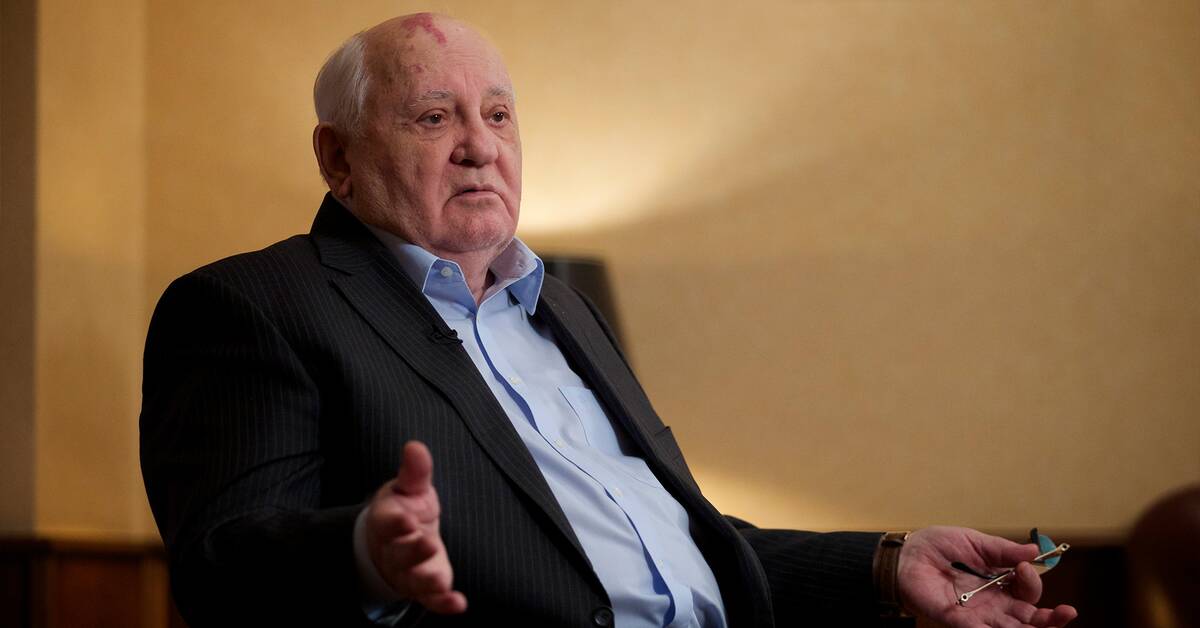Gorbachev became the eighth and also the last leader of the Soviet Union.
Among other things, he is known for the political reforms in the Soviet Union during the late 1980s - glasnost and perestroika.
The former was about reforms around freedom of expression, while the latter meant liberalization of the Soviet Union's economy.
He became General Secretary of the Communist Party in 1985 and led the Soviet Union until its dissolution in 1991. He also led the Union during the Chernobyl disaster in 1986.
When the winds of democracy began to sweep across the Eastern Bloc in the late 1980s, Gorbachev, unlike his predecessors during the Hungarian Revolt in 1956 and the Prague Spring in 1968, chose not to meet the popular protests with military force and violence.
In 1990, he received the Nobel Peace Prize for what he considered to have ended the Cold War between the United States and the Soviet Union, which had then been ongoing since the end of World War II.
During the 1990s and early 2000s, Gorbachev made several unsuccessful attempts at a political comeback in Russia.
The article is updated

